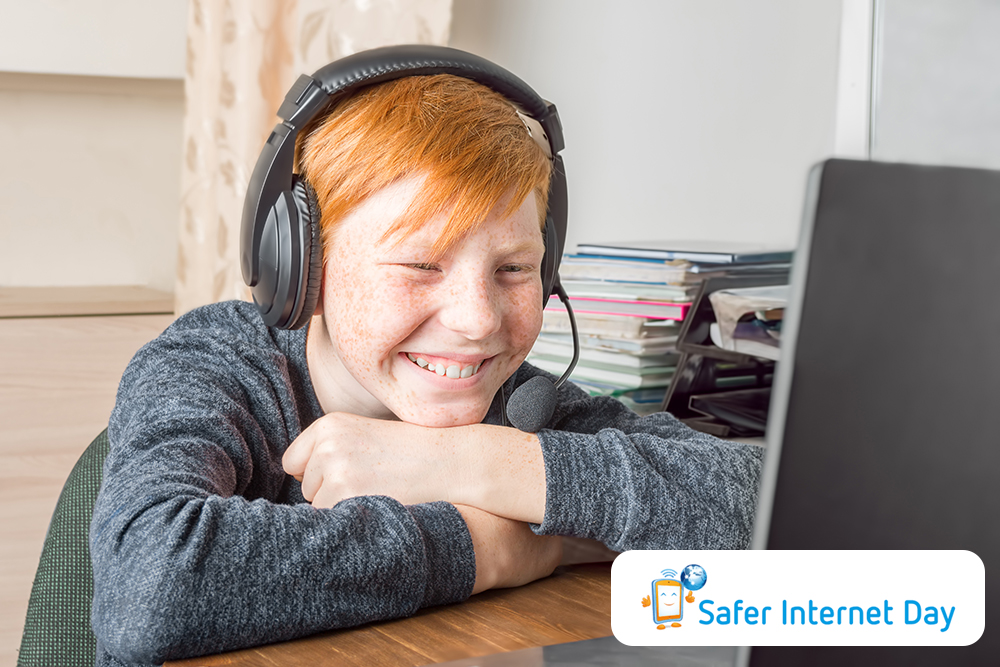

The fostering landscape has undoubtedly changed over the last 10 years. Foster Carers who have been looking after children for decades will all tell you the same thing. Austerity, economic crises, the covid pandemic, the growth of inequality, global conflict and climate change have all affected fostering in very real ways, particularly when looking at the number of children coming into foster care and the needs that the children have.
If you ask a foster carer to describe what fostering encompasses, you will get quite a list: nurturing, supporting health, education, family relationships, meeting emotional needs, supporting cultural needs, giving positive life experiences, role modelling – the list goes on. But what most carers would tell you is the most important thing is keeping children safe.
And it is this that is at the heart of the question. The internet has undoubtedly made it harder for foster carers to keep children safe.
For a start, the internet, in particular social media, has transformed the lives of young people. It is entirely bedded into every aspect of their lives. It has had an impact on their social, educational, spiritual, sexual and physical lives. Like it or loath it, it is enmeshed.
Not only is the internet inseparable from modern life but social media is effectively directing modern life. The curse of the algorithm.
“I remember having an eye-opening discussion with my own foster child,” says Lucy Stevens, Head of Foster Carer Recruitment at Affinity Fostering and foster carer of 7 years. “She couldn’t understand why all the romantic relationships she got involved in were unhealthy. I asked her where she had met said boys and of course it was through social media. When I showed her how algorithms work, it was like a light went on. She could see how controlled her online life was and why she was “stuck” in a pattern of negative connections and associations.”
Foster carers know that unhealthy, destructive relationships are often a feature of life for young people in care given the trauma, neglect or abuse they may have experienced. The speed at which the internet has learnt how to connect, control, direct, manipulate and suggest has left many of us on the back foot when it comes to supporting young people to make good choices. Sometimes young people are faced with only a collection of pretty substandard options spread before them by social media.
For the generation of children now in foster care, they have been raised on the hip of the internet. For some it has been their comforter, educator, entertainer, counsellor, guide and co-conspirator. Over the last decade they have grown together, got to know each other inside out, learnt the same language and discovered how to be together without being disturbed by well-meaning foster carers. And of course, those who have a predatory radar for children and young people who are particularly vulnerable, have learned with them. The speed and cleverness with which it is evolving makes it a challenge for foster carers to keep up and can leave young people open to harm.
“It’s true that social media has made things really challenging for children and foster carers alike,” says Vicky Sellen, Children’s Engagement Manager and Integrative Therapist at Affinity Fostering. “It’s for this reason that we work really hard with our children and young people to listen to how modern life is affecting them and to help educate them in ways to protect themselves and learn to live healthily with social media and the internet.”
From harmful content to algorithms, to protecting identifiable information to pornography, from online responsibilities to understanding the law – there is a lot for foster carers to get to grips with.
“At Affinity, we recognise that we need to arm our children and foster carers with a toolkit to help them navigate the internet and live healthily with it,” adds Vicky. “We discuss online safety with our young children, and we learn from them too as they share information on what is trending at any given time. It’s a two-way street.”
Foster carers are encouraged to be curious and non-judgemental about the internet in order to promote open and honest discussions. But they will also be supported to monitor and safeguard children’s online lives.
Carer support groups are also really useful forums for foster carers as experiences are shared and apps are discussed. In this way knowledge is shared and foster carers are encouraged to have the right conversations in order to keep their children safe.
Regular training is offered to foster carers and to our young people’s forum, Voices, to help consolidate messaging, signposting and knowledge. We also offer more tailored one-to-one support to children and young people who are struggling with their use of social media.
As with all technological and societal change – knowledge is power. We are entering a time of unprecedented technological advancement with the development of AI. Undoubtedly there are challenges ahead. Affinity fostering is committed to supporting our children and young people alongside our foster carers to thrive alongside the internet an wherever it leads us next.
Let us know the best time for us to call you and we'll schedule an appointment.